For a company more associated with debugging computer programs, Google's parent company, Alphabet, is making a name for itself by taking on the real thing — mosquitoes.
In July, Verily, the Life Sciences unit of Alphabet, the company formerly known as Google, announced the launch of their first US field study to try and reduce populations of the disease-carrying mosquito Aedes aegypti. The initiative is the outgrowth of a collaborative effort called "Debug."
Debug is an interdisciplinary team focused on reducing the presence of the A. aegypti mosquito. By reducing the numbers of this particular mosquito, the Debug team aims to reduce the potential spread of diseases carried by it. The Debug team includes automation experts, biologists, software engineers and other specialists partnering with outside interests to test ideas, practices and — field studies.
In mid-July, Verily announced the launch of its first field study in the US, called Debug Fresno. Just like the name says, the pilot is located in neighborhoods in Fresno, California, to test a mosquito control method that involves mosquitoes, bacteria, and more mosquitoes. They're working with teams from Mosquito Mate and local authorities on this project.
A Focus on Aedes Aegypti
Around the world, A. aegypti is a primary vector for a host of serious mosquito-borne diseases, including Yellow Fever, Zika, Dengue, and Chikungunya virus. Yellow Fever alone can cause between 30,000 and 60,000 deaths annually in other regions of the world.
Dengue and Yellow Fever were once endemic, or naturally occurring, in the US. Outbreaks of Dengue continue in the southern US, mostly associated with travelers coming into the country with the flavivirus. Zika, a viral infection transmitted by A. Aegypti, has been locally transmitted in regions of the US including Florida and Texas. Health officials continue to track the growing range of the A. aegypti mosquito — it's been moving north as climate change warms the US.
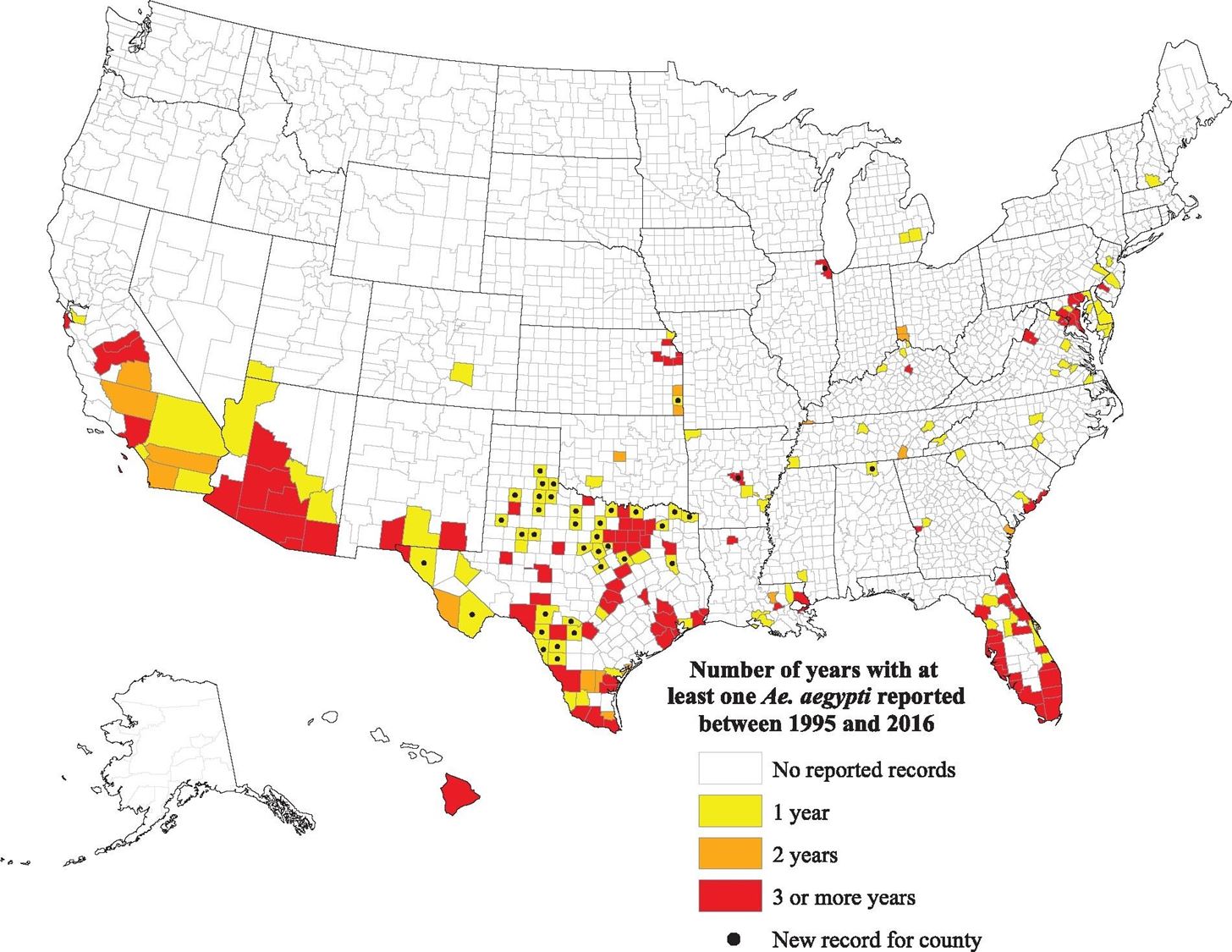
Debugging Fresno
Verily is working with a private company called Mosquito Mate, which in 2016, collaborated with the Fresno Consolidated Mosquito Abatement District (CMAD) on an initial project to release treated male mosquitoes into the Fresno area to study the impact on reproduction rates of A. aegypti.
In a nutshell, Mosquito Mate has applied for, and received permission, from the Environmental Protection Agency for limited testing of their treated mosquitoes in Fresno. Interested in reducing their population of potentially dangerous A. aegypti, the CMAD signed on to the effort. In 2017, involvement by Verily will increase the numbers of treated mosquitoes by a factor of 25 as they work together on this new phase of the testing.
Here are a few details from Verily about the scope of the project, from their blog:
This study will be the largest US release to-date of sterile male mosquitoes treated with Wolbachia, a naturally occurring bacterium, and will take place over a 20 week period in two neighborhoods each approximately 300 acres in size... With a total of one million non-biting sterile male mosquitoes released weekly, made possible by the automated mass rearing and sex-sorting processes developed at Verily. Additionally, our software algorithms and on-the-ground release devices will allow us to distribute the sterile male mosquitoes in an even and targeted way throughout Fresno's mosquito season.
The mosquitoes treated by Mosquito Mate are all male. While residents of Fresno may become concerned with 20 million more mosquitoes buzzing around their backyard — male mosquitoes do not bite humans. It is female mosquitoes that have the mouthparts and bloodlust to feed on humans to successfully reproduce.

What Mosquito Mate calls its "ZAP" mosquitoes, are male mosquitoes infected with a strain of bacteria called Wolbachia. Wolbachia is a naturally occurring bacteria commonly infects and parasitises arthropods, like mosquitoes, and often target their reproductive organs — with wild and weird effects in different insect species. The scientific community has been working with Wolbachia for several years, to control devastating mosquito-borne infections.
In 2016, the Bill and Melinda Gates Foundation helped fund research on Wolbachia-infected mosquitoes in Rio de Janerio. In a press release associated with that study, one entomologist remarked on Wolbachia-infected mosquitoes, saying, "This really has the potential to be a game changer in terms of vector control — the biggest thing since DDT."
But a critical point of mosquito abatement programs that use mosquitoes infected with Wolbachia is that the treated mosquitoes are then considered biopesticides, but they are not genetically modified organisms (GMOs). Instead, they are insects living with a bacteria that commonly infect other mosquito species. While Wolbachia is naturally occurring in some mosquitoes, it is not usually present in A. Aegypti, which means explicitly introducing it to communities can help bring mosquito populations down.
Differences exist in the strains of Wolbachia bacteria used for specific research. The Rio research used mosquitoes infected with a strain that stopped the female mosquitoes from transmitting viral material, while the Mosquito Mate "ZAP" mosquitoes interrupt the viability of eggs laid by female mosquitoes after mating with treated male mosquitoes.
For Fresno, the collaboration between Verily, Mosquito Mate, and CMAD means on-the-ground algorithms are showing mosquito abatement professionals where to release sterile male mosquitoes so they can hook up with female mosquitoes and produce sterile eggs. The mosquito release will take place during a 20-week time frame in two Fresno neighborhoods that are both approximately 300 acres in size.

Alphabet and its unit Verily are opening a new chapter in the corporate development of public health technologies. The Bill and Melinda Gates Foundation is a not-for-profit organization aimed at defeating neglected tropical diseases, but Alphabet is a decidedly for-profit company — with some profit-making strategy for diving into this project.
While Fresno is not an epicenter of viral outbreak for any of the diseases carried by A. aegypti, it is a new proving ground for technologies that will add to a growing body of knowledge about how we might fight dangerous mosquito-vectored infections effectively, with less impact on the environment.
Just updated your iPhone? You'll find new emoji, enhanced security, podcast transcripts, Apple Cash virtual numbers, and other useful features. There are even new additions hidden within Safari. Find out what's new and changed on your iPhone with the iOS 17.4 update.
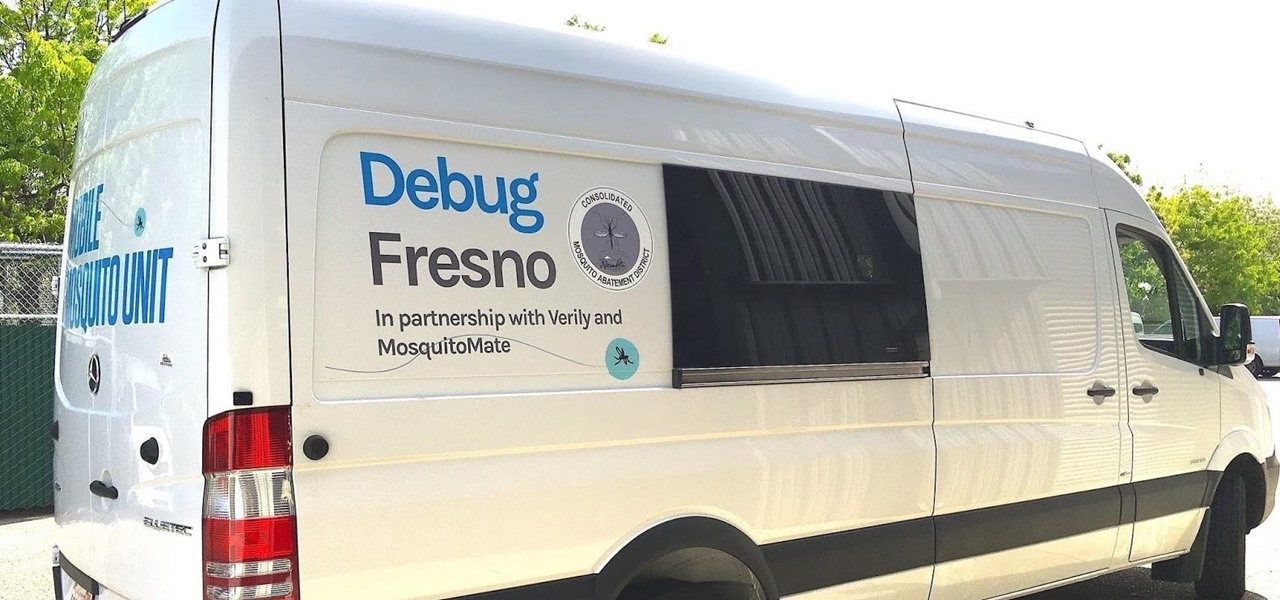




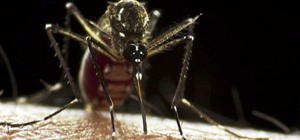















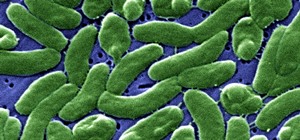
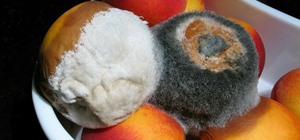

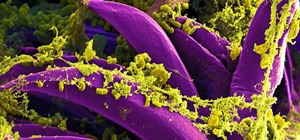
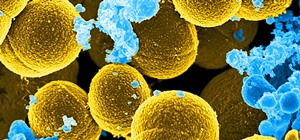

Be the First to Comment
Share Your Thoughts